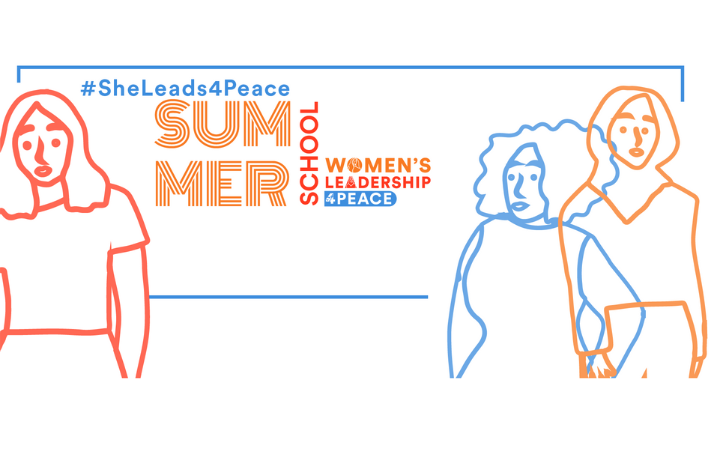It is well known that peace cannot be achieved without the meaningful participation of all members of society, including its most vulnerable members and those most affected by the consequences of armed conflict. It has also long been established by frameworks such as United Nations Security Council Resolution 1325 and the subsequent resolutions that make up the Women, Peace, and Security Agenda that conflict has a disproportionate effect on women and girls and that increasing the number of women who lead and contribute to peace processes improves both the quality and durability of peace.Despite this, women remain underrepresented in leadership positions at all levels of peace processes. One way by which UNITAR attempts to combat the significant gap in the representation of women in leadership roles is through agency-based empowerment programmes like the Women’s Leadership for Peace Programme.
In 2020, UNITAR began developing the Women’s Leadership for Peace Programme which provides women with a set of experiences, knowledge, and skills to increase their leadership potential by defining what authentic leadership looks like within their respective contexts. Recognising that women peace leaders face specific barriers towards participation and to achieving their goals, a key approach used in this programme is agency-based empowerment. Agency, meaning to act as an agent on one’s behalf and pursue whatever goals one wishes, is at the heart of women leader’s ambition and their relationship to exercising power, influence, and authority. An agency-based empowerment approach to participation therefore starts with supporting the individual in recognising their own worth and potential, before turning to the skills, knowledge and attitudes needed to strive. Leveraging this approach is a way by which UNITAR seeks to help women peace leaders to navigate and resist psychological, socio-cultural, and structural barriers that can be constraining and limiting rather than enduring them.
Given the power of this method, UNITAR has integrated the Women’s Leadership for Peace Programme into several of its projects, ensuring that agency-based empowerment is an integral part of leadership training for women peacebuilders. For example, this August UNITAR will be holding the #SheLeads4Peace Summer School, a condensed version of the Women’s Leadership for Peace Programme, for women transitioning from academic to professional life. This innovative course will build agency at a critical transition point, helping women begin their careers with the self-awareness and confidence that is needed to be an effective leader for peace. Built on agency-based empowerment, the #SheLeads4Peace Summer School will give participants the opportunity to examine what is most important to them as leaders and to connect with their own personal leadership style. In this way women peacebuilders can find meaning from the programme that is relevant to their own contexts and useful for achieving their goals. The #SheLeads4Peace Summer School, rooted in the Women’s Leadership for Peace Programme, represents a powerful opportunity to increase the representation of women in leadership roles in peace processes because it not only provides technical skills on how to be an effective leader for peace, but it builds agency helping women to step into their power.


